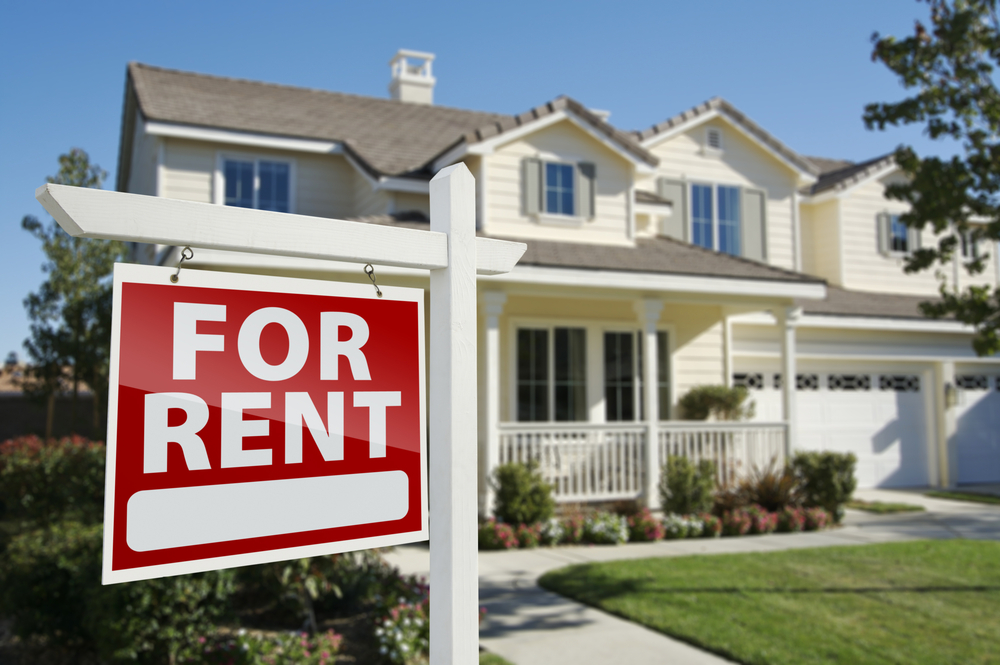
Lease agreements are crucial documents in the realm of property management, demanding careful attention to detail and legal compliance. While seeking professional advice from a seasoned attorney or reputable Washington, DC property management firm is highly recommended, it's beneficial to grasp the fundamentals of lease writing. Here's a breakdown of essential considerations:
Before delving into the intricacies of lease writing, it's crucial to acknowledge the complexity of the task. Consulting with legal experts or property management professionals, particularly those well-versed in Washington, DC regulations, is highly recommended.
Security deposits play a critical role in protecting landlords against property damage and unpaid rent. To avoid disputes:
Now, let's delve into the Warranty of Habitability, a fundamental aspect in landlord-tenant relationships. This warranty, present in every state with varying degrees, mandates landlords to maintain their properties up to code. This includes ensuring adequate heat, light, air ventilation, pest control, and overall safety and security measures. Consider the specific climate and living conditions of your area, altering landlord responsibilities accordingly.
Additionally, landlords typically assume responsibility for "normal wear-and-tear" on the property. While negotiation may determine the specifics of what constitutes "normal," it generally encompasses issues like aging appliances and minor wall or carpet damage. These provisions safeguard tenants from additional fees for basic living conditions, as rent is intended to cover such maintenance. However, instances of tenant negligence, such as improper disposal of glass or window breakage, remain their responsibility. In summary,
For clarity and legal defense, consulting with an attorney or property manager is highly recommended when drafting a lease agreement. Their expertise can ensure that lease terms effectively distinguish between landlord and tenant responsibilities, reducing the likelihood of disputes and facilitating smoother landlord-tenant relationships.
While evictions are undoubtedly distressing and typically considered a last resort, there are instances where they become necessary. However, navigating the eviction process involves numerous legal complexities and restrictions. In Washington, DC, landlords are only permitted to evict tenants under specific circumstances outlined by the law, limiting eviction to ten statutory reasons.
The grounds for eviction in Washington, DC, are strictly defined by law and include scenarios such as nonpayment of rent, failure to comply with lease obligations after notice, engaging in illegal activities within the rental unit, landlord's legitimate intention to personally occupy the unit, sale of the rental unit to an occupant, renovation that compromises tenant safety, demolition of the unit, substantial rehabilitation, discontinuation of housing, or conversion to a condominium or cooperative with governmental approval.
While mastering lease writing requires meticulous attention to detail and legal compliance, it's essential to seek professional consultation for comprehensive lease agreements. Gordon James Realty offers expert assistance in lease drafting and property management, ensuring peace of mind for landlords and tenants alike. Contact us today to learn more about how we can support you!

Discover 7 creative ways to finance rental property without traditional loans and learn how investors build portfolios with flexible strategies.

Learn how to rent out your house with expert tips on preparation, pricing, marketing, tenant screening, and management for new landlords.
We're proud to make partnering with us easy. Contact our team to connect with one of our industry experts and get started today.